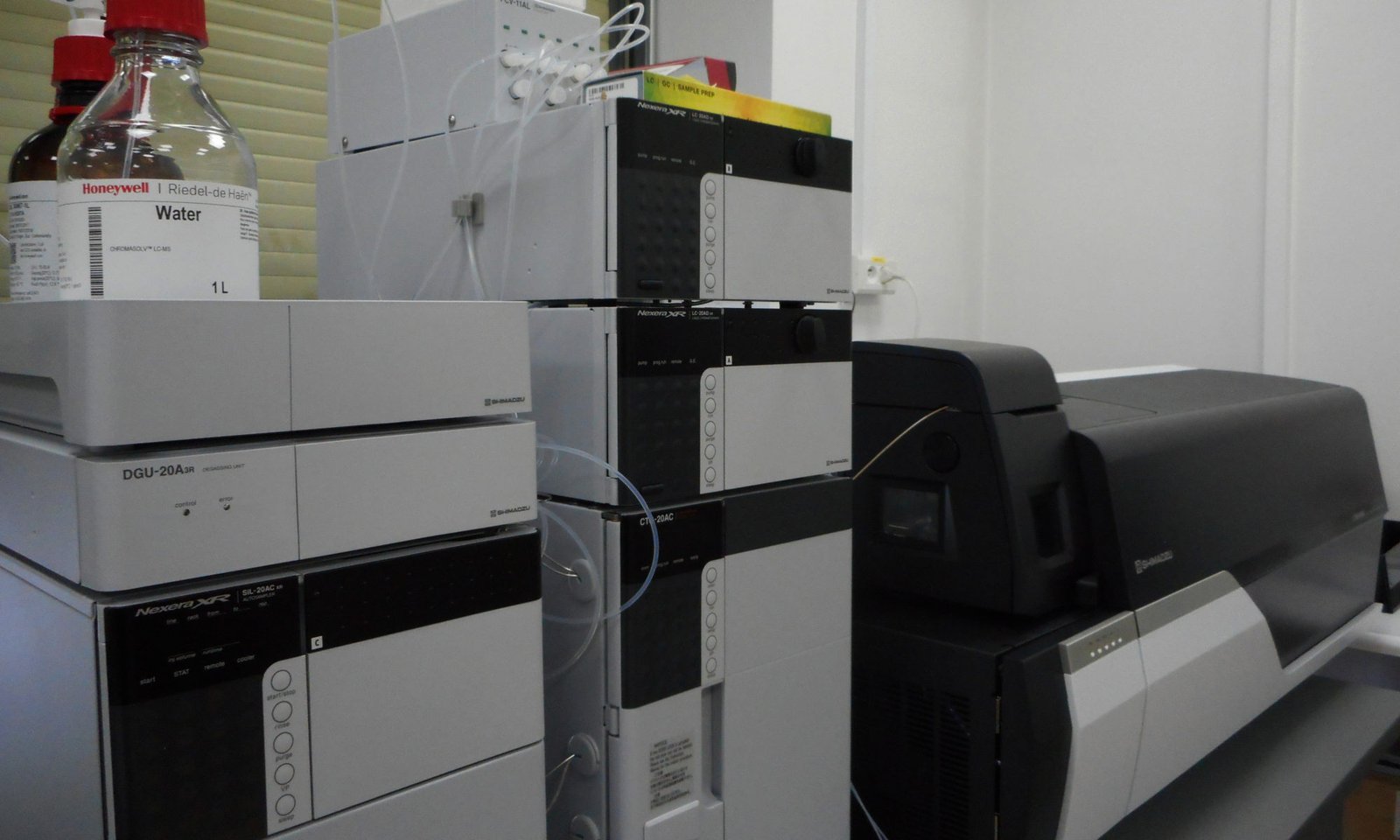Abstract
Reactive microglia are a major pathological feature of Alzheimer’s disease (AD). However, the exact role of microglia in AD pathogenesis is still unclear. Here, using metabolic profiling, we found that exposure to amyloid-β triggers acute microglial inflammation accompanied by metabolic reprogramming from oxidative phosphorylation to glycolysis. It was dependent on the mTOR-HIF-1α pathway. However, once activated, microglia reached a chronic tolerant phase as a result of broad defects in energy metabolisms and subsequently diminished immune responses, including cytokine secretion and phagocytosis. Using genome-wide RNA sequencing and multiphoton microscopy techniques, we further identified metabolically defective microglia in 5XFAD mice, an AD mouse model. Finally, we showed that metabolic boosting with recombinant interferon-γ treatment reversed the defective glycolytic metabolism and inflammatory functions of microglia, thereby mitigating the AD pathology of 5XFAD mice. Collectively, metabolic reprogramming is crucial for microglial functions in AD, and modulating metabolism might be a new therapeutic strategy for AD.
Reference:
Baik SH, Kang S, Lee W, Choi H, Chung S, Kim JI, Mook-Jung I. A Breakdown in Metabolic Reprogramming Causes Microglia Dysfunction in Alzheimer’s Disease. Cell Metab. 2019 Jun 24. pii: S1550-4131(19)30308-0. doi: 10.1016/j.cmet.2019.06.005. PubMed PMID: 31257151.
Keywords: breakdown in metabolic reprogramming, microglia dysfunction, Alzheimer’s disease, HIF-1α, IFN-γ, OXPHOS, aerobic glycolysis, amyloid-β, mTOR, microglia, microglial inflammation, Alzheimer’s disease pathogenesis.
Join for free INPST as a member
The International Natural Product Sciences Taskforce (INPST) maintains up-to-date lists with conferences, grants and funding opportunities, jobs and open positions, and journal special issues with relevance for the area of phytochemistry and food chemistry, pharmacology, pharmacognosy research, and natural product science.

























